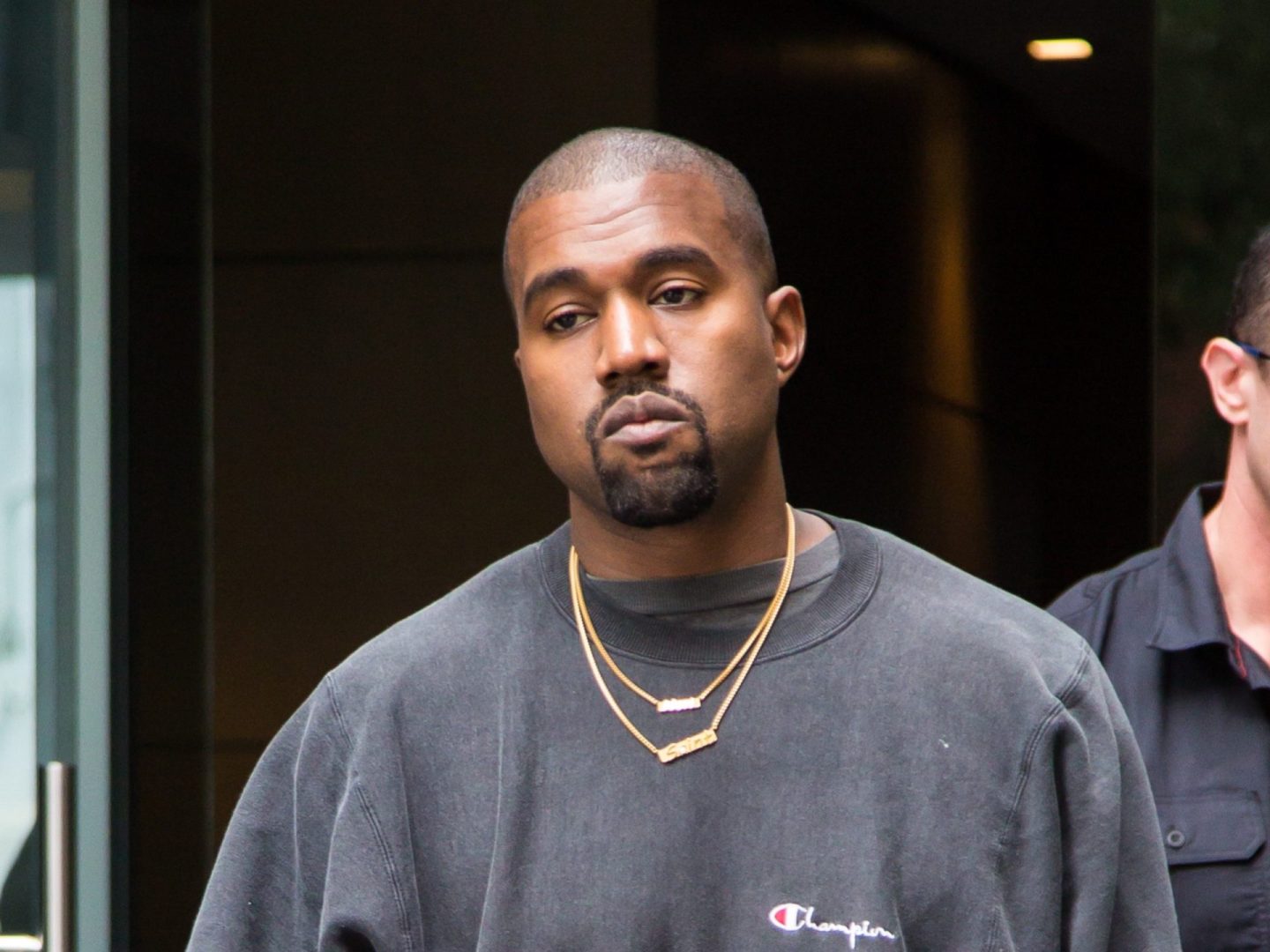Kanye West has lost a $20 million contract in Japan following his controversial stunt at the Grammys. The cancellation represents one of the largest financial penalties faced by an artist due to public behavior in recent years.
The 47-year-old rap star appeared alongside his wife, Bianca Censori, at the awards ceremony in Los Angeles on Sunday (02.02.25), and her decision to wear a semi-transparent outfit on the red carpet has reportedly cost Kanye a lucrative contract. The Grammy Awards ceremony, watched by over 16 million viewers worldwide, has often been a platform for memorable celebrity moments.
“Kanye is just ******* up every opportunity that comes to him. The stunt was creepy beyond belief and has been greeted with horror in Japan,” a source told DailyMail.com. The reaction in Japanese media has been unprecedented, with coverage spanning multiple news cycles.
Kanye was scheduled to perform two shows at Tokyo Dome in May. But his latest stunt has prompted a change of mind among the event organizers in Japan. The Tokyo Dome, with a capacity of 55,000 people, has hosted numerous international artists since its opening in 1988.
“Japan is having a cultural awakening about women’s rights and the MeToo movement is really strong here. What he did is being seen as an act of coercive control which is utterly unacceptable. He has completely culturally misjudged Japan,” the insider added. The MeToo movement in Japan has gained significant momentum in recent years, with growing support across all age groups.
Kanye is said to have “greatly misjudged the tolerance of the Japanese people”. Cultural sensitivity has become increasingly important in the Japanese entertainment industry, with strict standards for public behavior and presentation.
The rap star – who has been married to Bianca since 2022 – has been living in a hotel in Japan for much of the last year, and he never imagined that the concert organizers would withdraw their support. His extended stay in Japan had initially been seen as a positive sign of cultural exchange between Western and Eastern entertainment industries.
“The investors in Japan who are backing the concerts are extremely upset by this. It is highly likely that they will pull the funding for the shows,” the source explained. Industry experts estimate that the cancellation could affect employment for hundreds of local staff and supporting businesses.
“He has greatly misjudged the tolerance of the Japanese people towards these activities. He’s just not welcome any more. This will be a big blow for him because he has been living in Japan for around a year now, almost full time, and I guess he did not see this coming.” The Japanese entertainment market, valued at over $200 billion, is known for its strict professional standards and emphasis on appropriate public conduct.
This incident marks another controversial chapter in West’s career, which has seen multiple public relations challenges in recent years. The Japanese concert market, particularly for international artists, has become increasingly competitive, with successful shows requiring careful attention to local customs and values.
The cancellation has also sparked discussions about cultural sensitivity in the global entertainment industry. Social media reactions in Japan have been overwhelmingly negative, with many prominent figures speaking out against West’s behavior at the Grammys.
Industry analysts suggest that this setback could have long-term implications for West’s career in Asia, where the entertainment market continues to grow rapidly. The incident has already affected ticket sales for other international artists planning tours in Japan, as promoters become more cautious about potential controversies.
Local Japanese media have reported that several other brands and businesses associated with West are reconsidering their partnerships, potentially leading to further financial impacts. The ripple effect of this controversy highlights the growing importance of cultural awareness in the global entertainment industry.
















